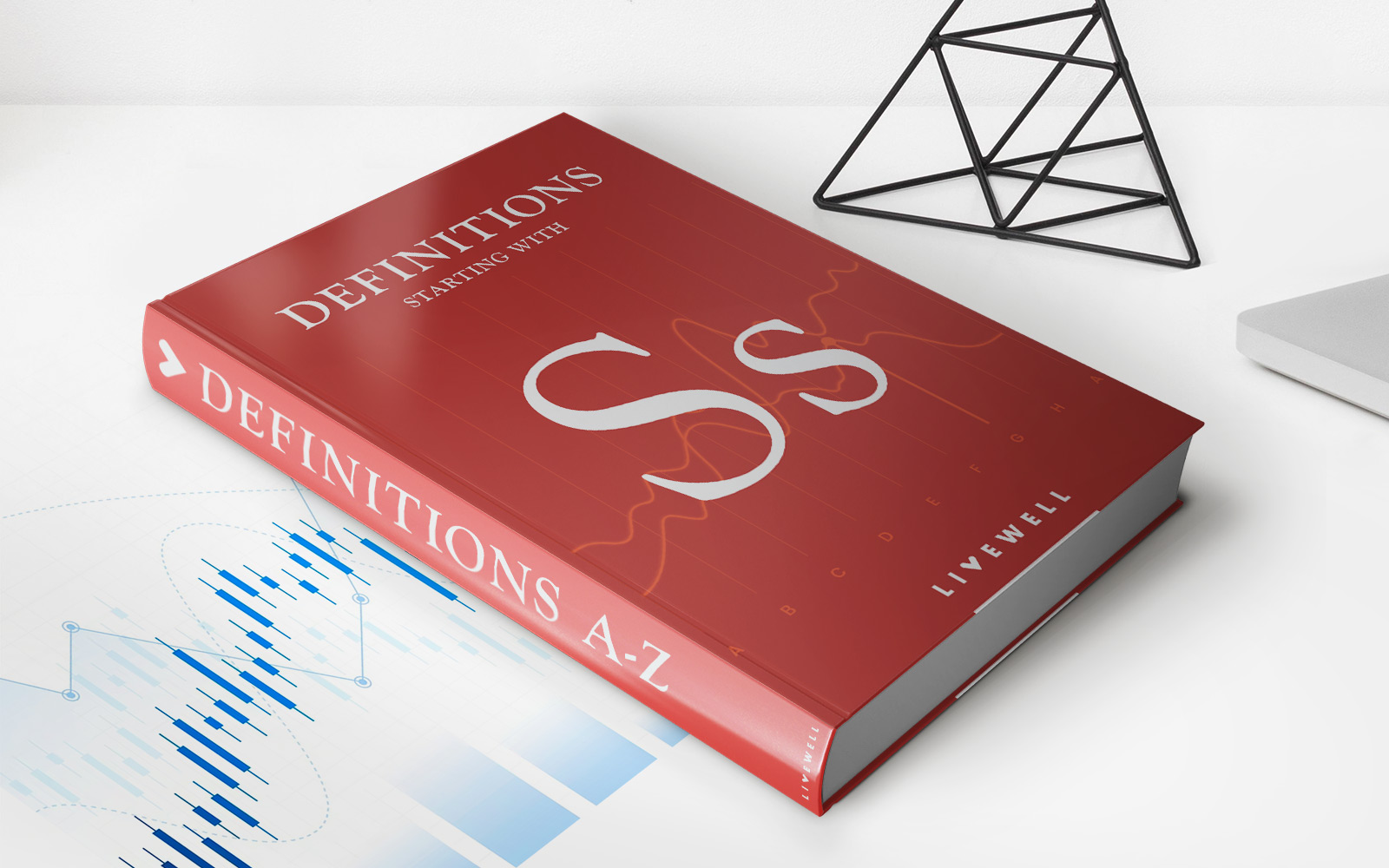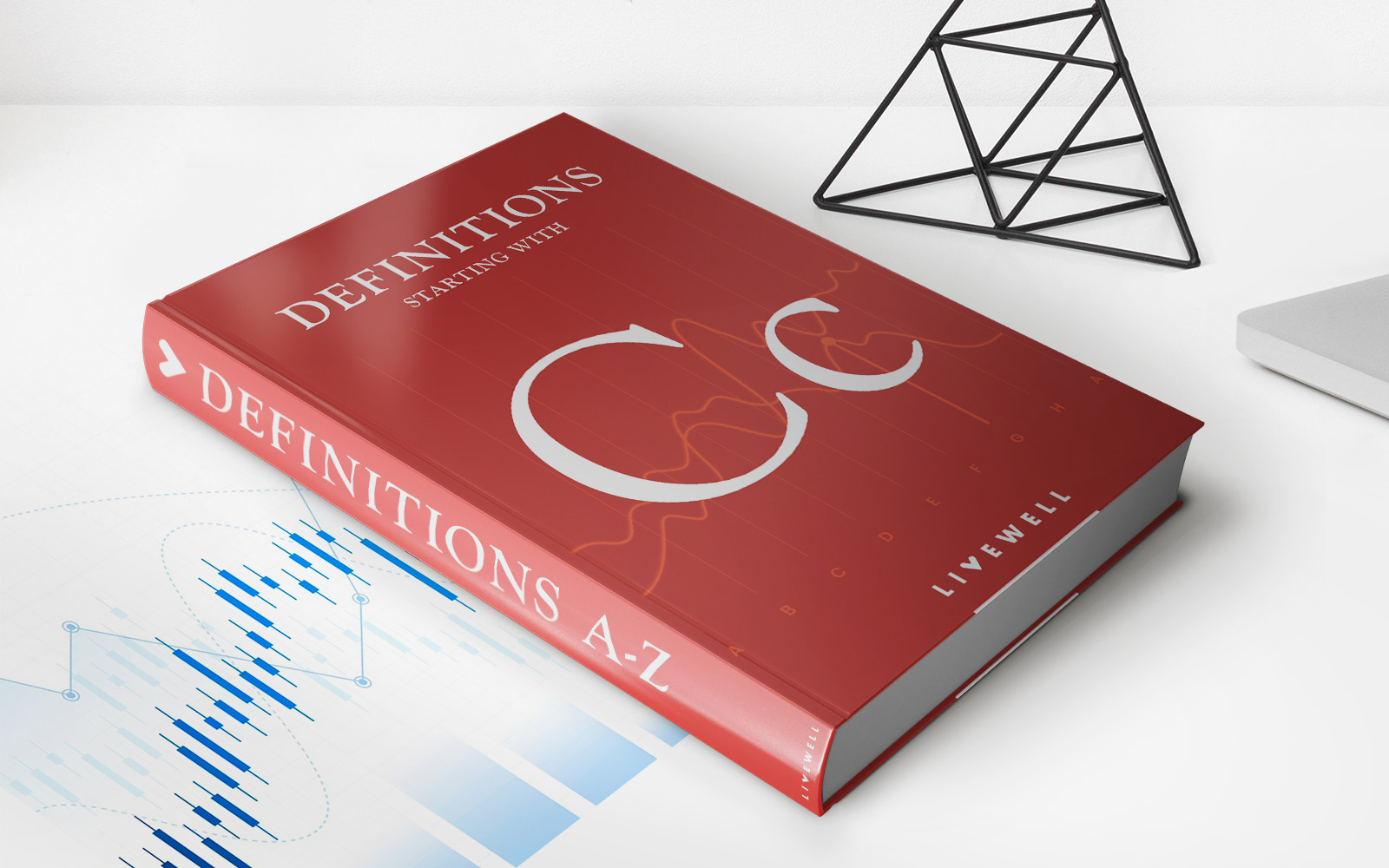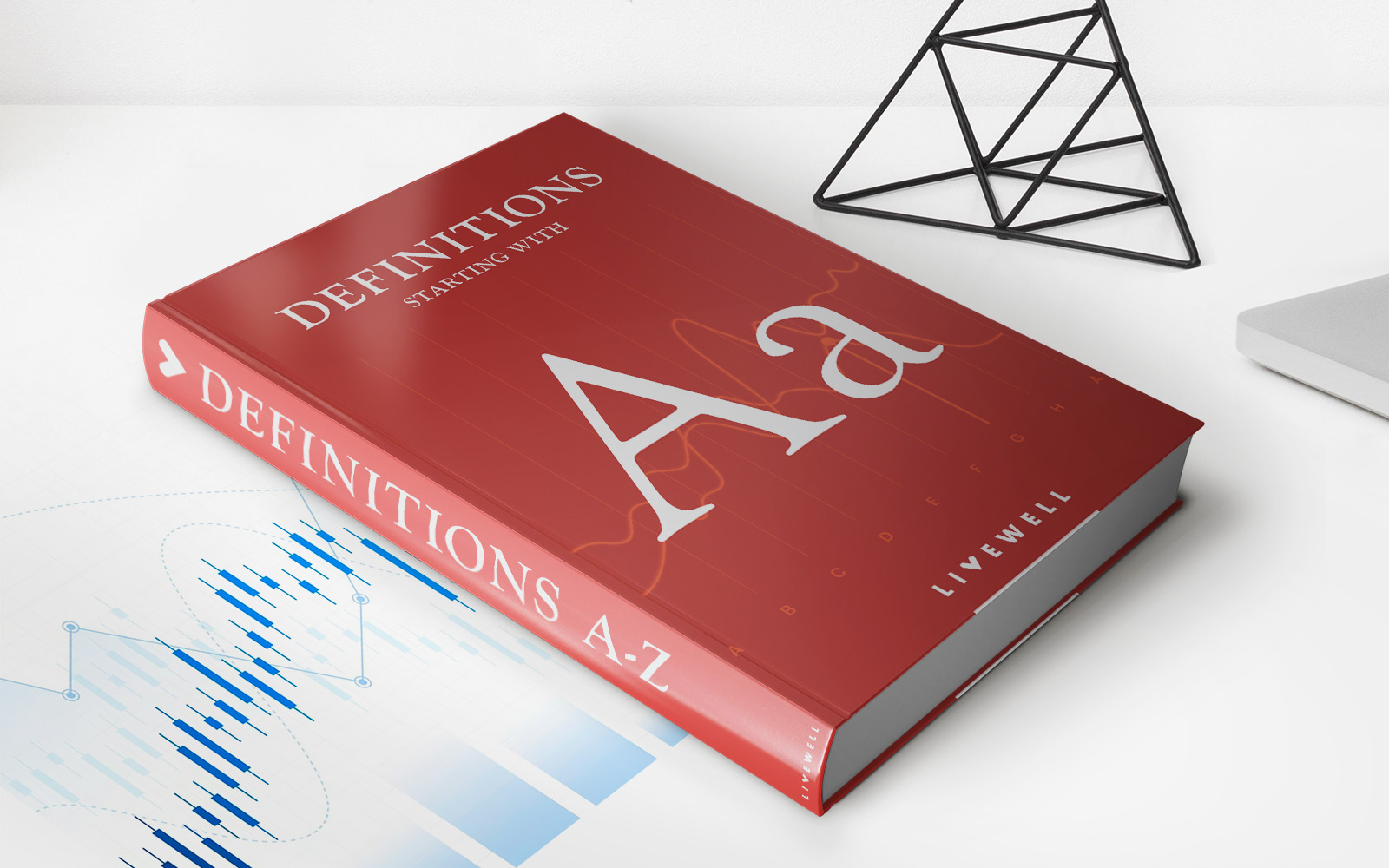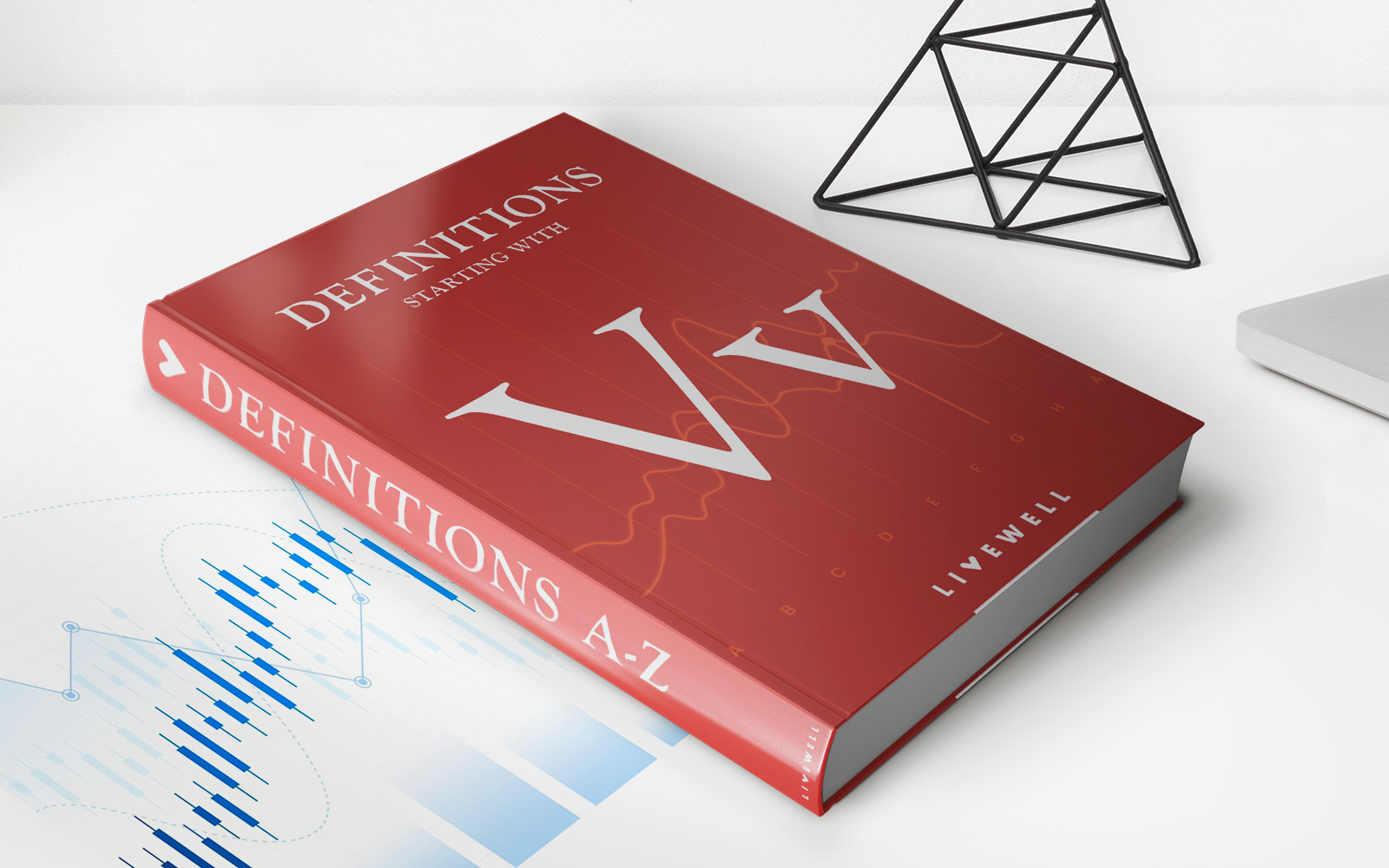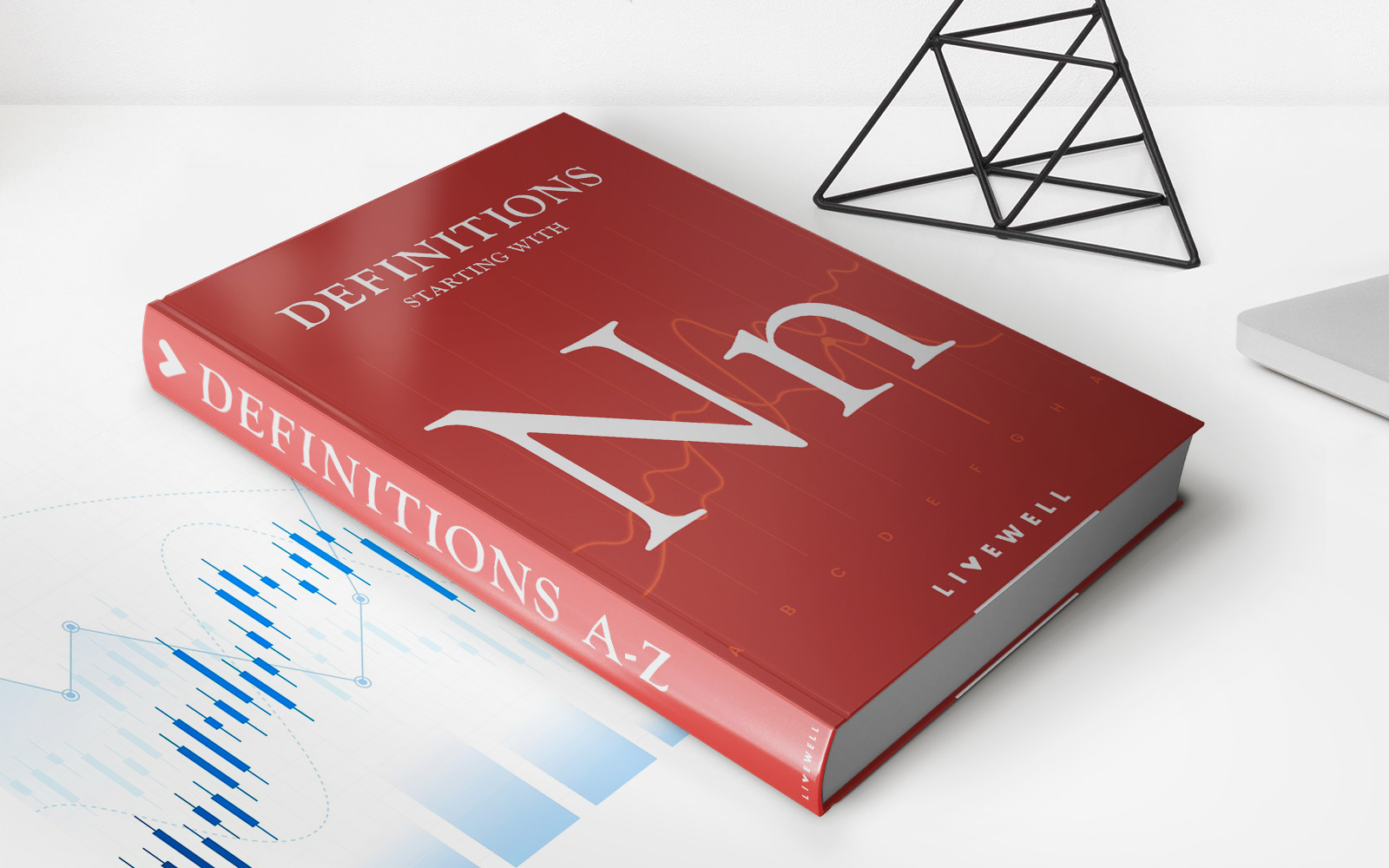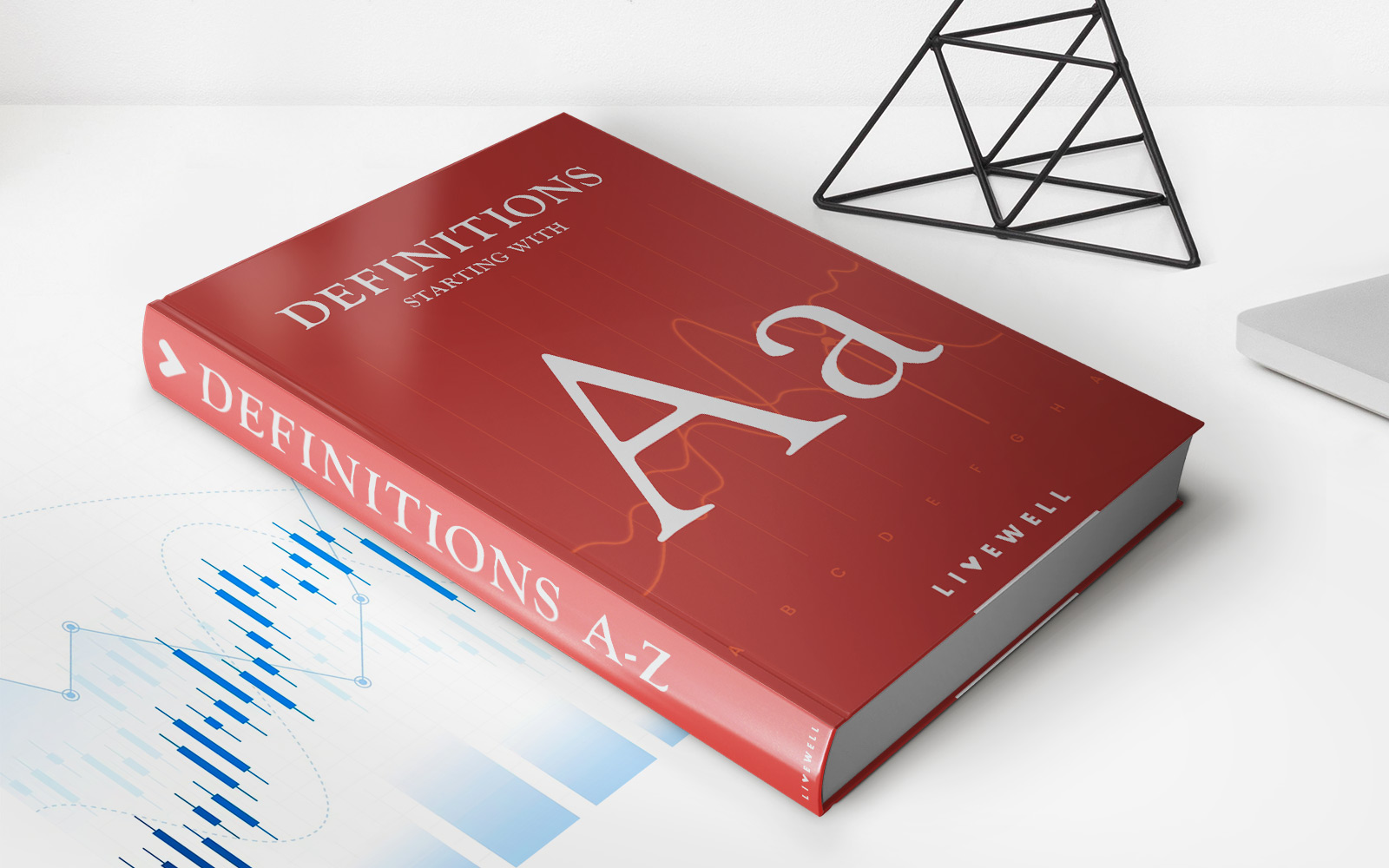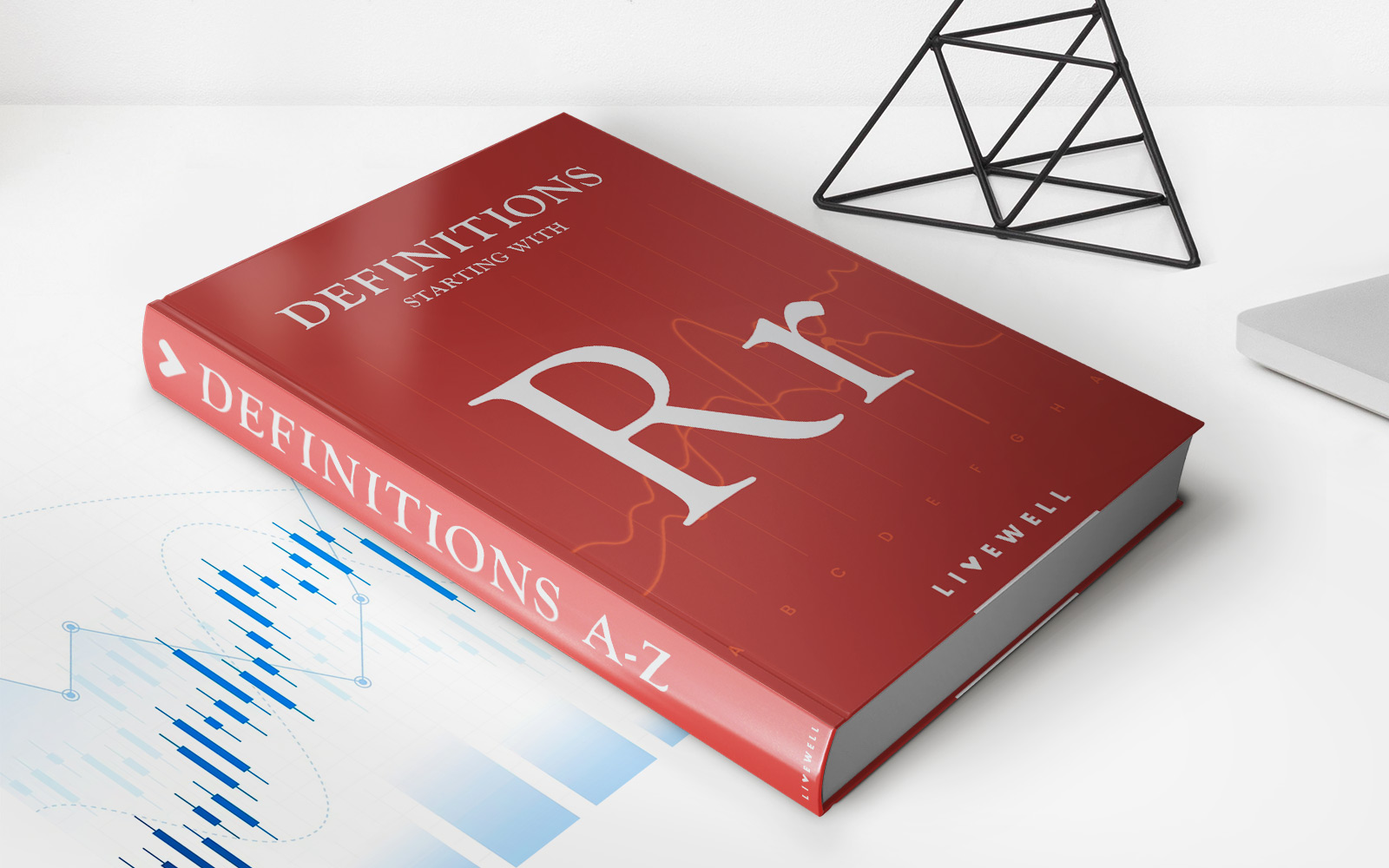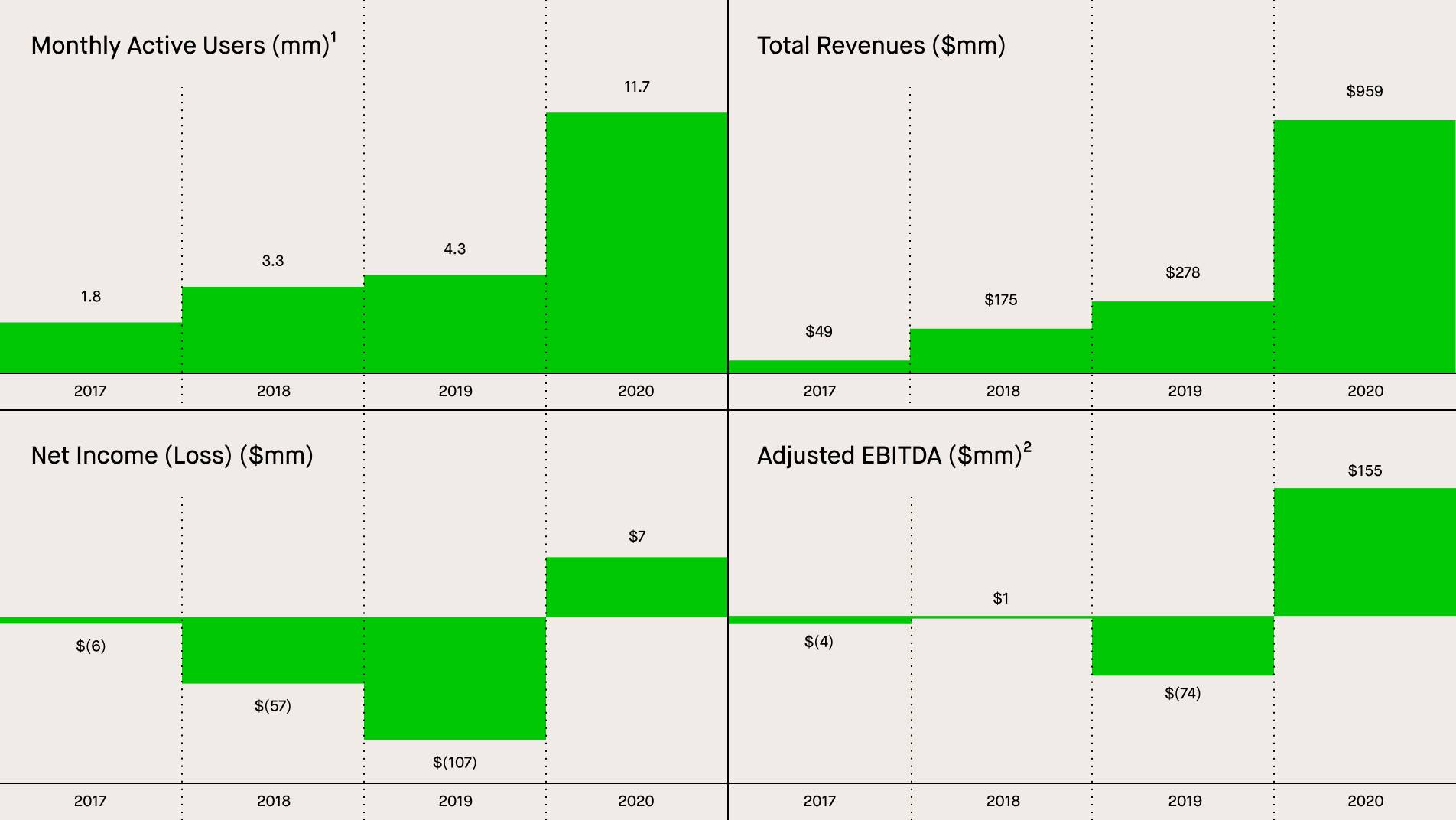Home>Finance>Stimulus Package: Definition, Benefits, Types, And Examples
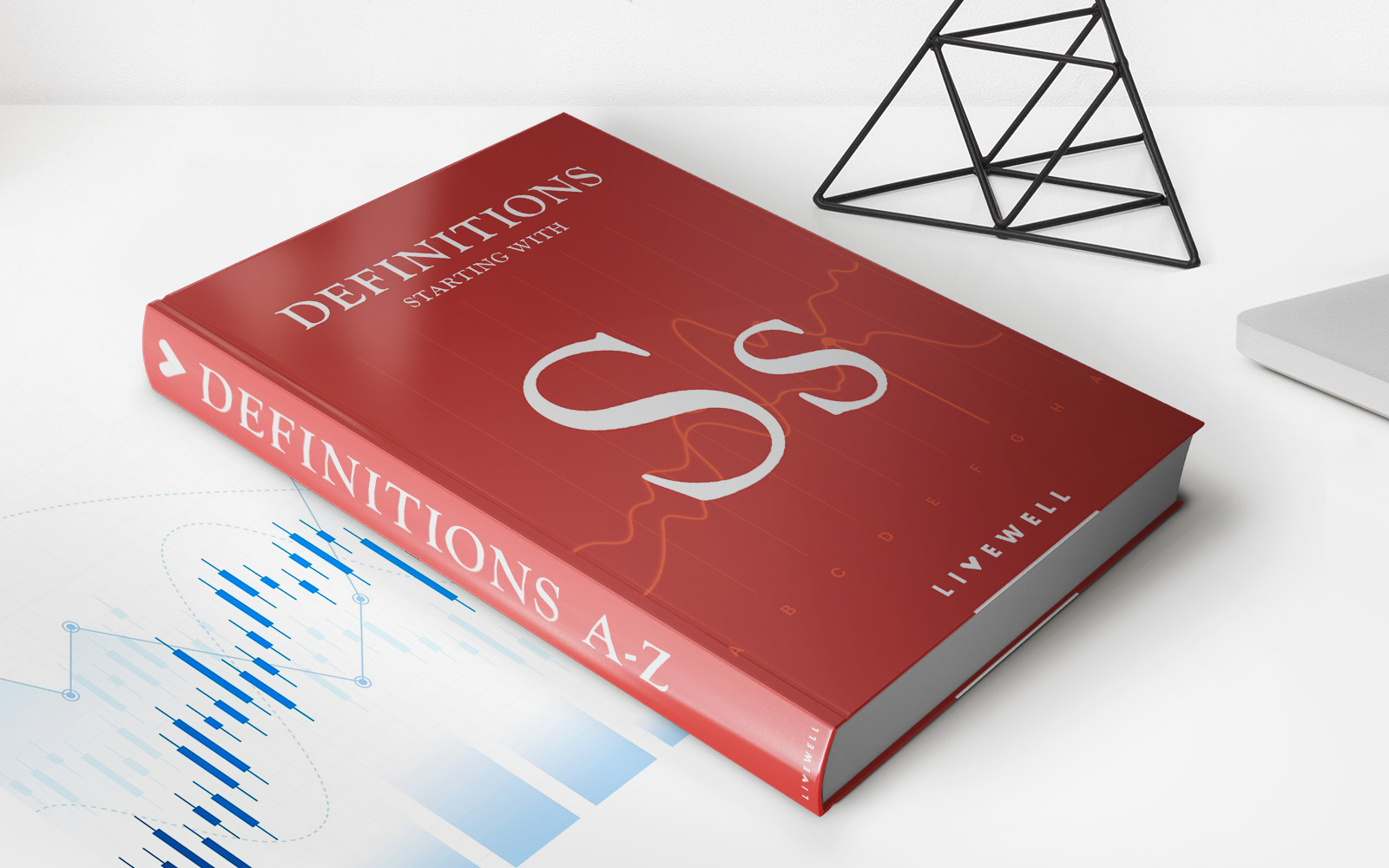

Finance
Stimulus Package: Definition, Benefits, Types, And Examples
Published: February 2, 2024
Learn about the definition, benefits, types, and examples of stimulus packages in finance. Understand how they can impact various sectors of the economy.
(Many of the links in this article redirect to a specific reviewed product. Your purchase of these products through affiliate links helps to generate commission for LiveWell, at no extra cost. Learn more)
Stimulus Package: Definition, Benefits, Types, and Examples
In these challenging times, governments around the world have been implementing stimulus packages to boost economic growth and provide relief to individuals and businesses. But what exactly is a stimulus package, and how does it work? In this blog post, we will delve into the definition, benefits, types, and examples of stimulus packages, giving you an in-depth understanding of this crucial economic tool.
Key Takeaways:
- A stimulus package is a set of measures implemented by governments to revive economic growth and provide financial assistance during times of economic crisis.
- Stimulus packages typically include measures such as tax cuts, government spending programs, and direct payments to individuals and businesses.
What is a Stimulus Package?
A stimulus package is an economic strategy employed by governments to stimulate economic growth and provide support during periods of economic downturn. These packages aim to boost consumer spending, increase business investment, and prevent a prolonged recession. Stimulus packages are typically introduced during times of financial crisis, such as the global economic recession of 2008 or the recent COVID-19 pandemic.
Generally, a stimulus package includes a combination of fiscal and monetary measures that aim to revitalize the economy. These measures can take various forms, including:
- Tax Cuts: Governments may introduce tax cuts to increase disposable income for individuals and businesses, encouraging spending and investment.
- Government Spending Programs: Governments may allocate funds towards infrastructure projects, education, healthcare, and other sectors to create jobs and stimulate economic activity.
- Direct Payments: Governments may provide direct cash payments to individuals and businesses, giving them the financial means to support themselves and contribute to economic growth.
By implementing these measures, stimulus packages aim to create a multiplier effect, where increased spending and investment lead to greater economic activity, job creation, and improved business confidence.
Benefits of Stimulus Packages
Stimulus packages offer several benefits to individuals, businesses, and the overall economy. Here are a few key advantages:
- Economic Growth: By injecting additional funds into the economy, stimulus packages can promote economic growth and prevent or reduce the severity of a recession.
- Job Creation: Measures like government spending programs can help create new jobs, reducing unemployment rates and improving the overall socioeconomic situation.
- Business Support: Stimulus packages provide financial assistance and support to struggling businesses, helping them stay afloat and retain employees during economic downturns.
- Increased Consumer Spending: Direct payments to individuals can boost consumer spending, which drives demand for goods and services, leading to increased production and sales.
- Stabilizing Financial Markets: In times of crisis, stimulus packages can restore confidence in financial markets, preventing financial instability and mitigating the risk of a prolonged economic downturn.
Types of Stimulus Packages
Stimulus packages can vary in size, scope, and focus depending on the specific economic situation and priorities of the government. Some common types of stimulus packages include:
- Economic Recovery Packages: These packages are designed to address a broader economic crisis, such as a recession or financial meltdown. They often include a combination of tax cuts, infrastructure projects, and direct financial assistance.
- Job Creation Packages: These packages aim to tackle high unemployment rates by implementing measures such as job training programs, subsidies for businesses to hire new employees, and support for small businesses.
- Industry-Specific Packages: Governments sometimes introduce stimulus packages focusing on specific industries that have been severely impacted. Examples include bailout packages for the automotive industry or financial sector during the 2008 recession.
Examples of Stimulus Packages
Over the years, governments worldwide have implemented stimulus packages to support their economies during times of crisis. Some notable examples include:
- American Recovery and Reinvestment Act (ARRA): Introduced in 2009, this U.S. stimulus package aimed to address the global financial crisis. It included tax cuts, infrastructure investments, funding for education, healthcare, and renewable energy projects.
- Coronavirus Aid, Relief, and Economic Security (CARES) Act: Implemented in response to the COVID-19 pandemic, this U.S. stimulus package provided direct payments to individuals, expanded unemployment benefits, and offered financial support to businesses affected by the pandemic.
- Australian Government’s Economic Stimulus Package: Launched in 2020, this package included cash payments to individuals, wage subsidies for businesses, and funding for infrastructure projects to boost economic activity during the COVID-19 pandemic.
These examples highlight how stimulus packages can take different forms depending on the specific circumstances and objectives of the government.
In Conclusion
Stimulus packages play a crucial role in supporting and revitalizing economies during times of crisis. By implementing measures such as tax cuts, government spending programs, and direct payments, governments aim to stimulate economic growth, create jobs, and provide much-needed relief to individuals and businesses. Understanding the definition, benefits, types, and examples of stimulus packages is essential for comprehending their significance and impact on the economy.
Do you have any questions about stimulus packages or want to learn more about other financial topics? Leave a comment below! We’re here to help.
